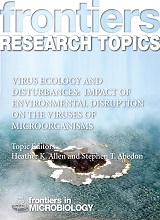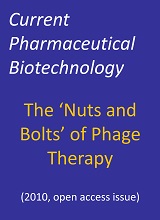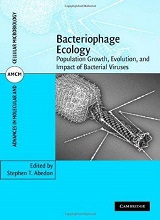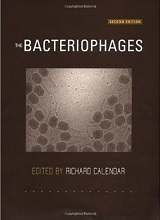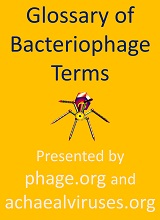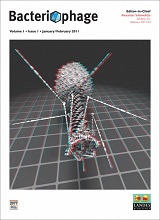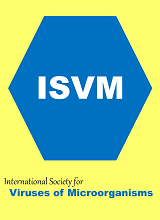
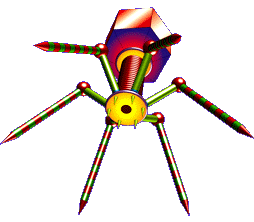
Increase in the frequency of certain alleles based solely on their linkage to other alleles.
Genetic linkage between beneficial alleles and other alleles – including other alleles that are either selectively neutral or even mildly detrimental – can result in natural selection inadvertently increasing the frequency of alleles that are not in themselves selectively beneficial.
Hitchhiking is selection for alleles, that is, that is based solely on their linkage to other alleles. This effect is stronger the greater the linkage so can be seen to a larger extent the closer that two alleles are physically associated on the same chromosome as well as the less that association is challenged by sex and associated genetic recombination.
Note that one can also speak of genes or genetic elements hitchhiking on mobile carriers, such as bacteriophage genomes or conjugative plasmids, both of which have mechanisms for moving from one host cell to another.
Genetic hitchhiking is especially apparent in predominantly asexual organisms such as bacteria. It is also a component of bacterial sex where DNA is transferred between individuals and then acquired as relatively small pieces, with increases in the fitness of the resulting recombinant organism potentially dependent on the functioning of only one or a few of multiple genes acquired. See, for example, resistance plasmids.
For more on this topic, see Wikipedia and Google. Contact web master. Return to home.
